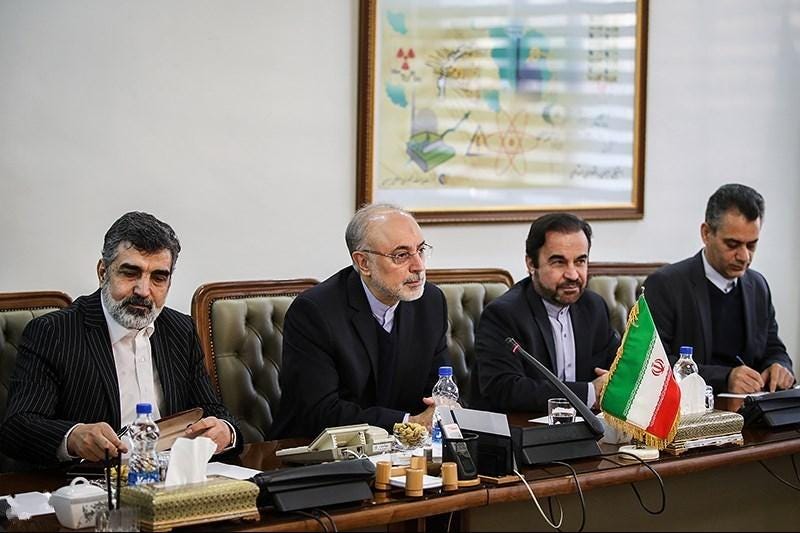Iran and the return of UN sanctions
The breakdown of the international order and rising risks of another war.
Britain, Germany, and France triggered a snapback mechanism which will likely lead to the termination of the 2015 Joint Comprehensive Plan of Action (the Iran nuclear deal). The USA under President Donald Trump withdrew from the agreement in 2018, while Europe never fully implemented it due to the fear of American sanctions unrelated to the nuclear programme. In response, Iran partly suspended its own compliance, especially after the 2025 Israeli and American strikes on its nuclear programme. Most sanctions on Iran were due to expire by 13 October 2025. The snapback mechanism will restore all UN sanctions on Iran, and permits the Europeans to reintroduce their own sanctions.
The UN sanctions on Iran include (but are not limited to):
an arms embargo
imposing an inspections regime on the nuclear programme through the International Atomic Energy Agency (IAEA).
bans on developing ballistic missiles and further expanding its nuclear programme
inspections on shipping to Iran, including on the high seas
sanctions on the IRGC and on Iran’s main shipping company, IRISL
sanctions on a wide range of Iranian industrial conglomerates, entities and individuals
Crucially, these sanctions are under Chapter VII of the UN Charter, meaning that they can be enforced by military means. Moreover, the sanctions require the annual appointment of a panel of experts to review sanctioned individuals. This requires separate UNSC resolutions, which will likely be blocked by China and Russia.
Iran had passed a law that bans cooperation with the IAEA. However, it then signed an agreement with the IAEA which would see a resumption of inspections and the reintroduction of some safeguards. However, Iran says the agreement would be annulled if the snapback occurs.
Commercial Impact:
It is unlikely that there would be a new agreement that prevents the resumption of sanctions before the snapback is activated.
The renewal of UN sanctions under Chapter VII does not authorise the USA to use military force, however, given the precedent by the 2003 invasion of Iraq, which was under Chapter VII but also had no resolution permitting an invasion, the US may claim that it is entitled to act militarily, and Western allies may support this view.


